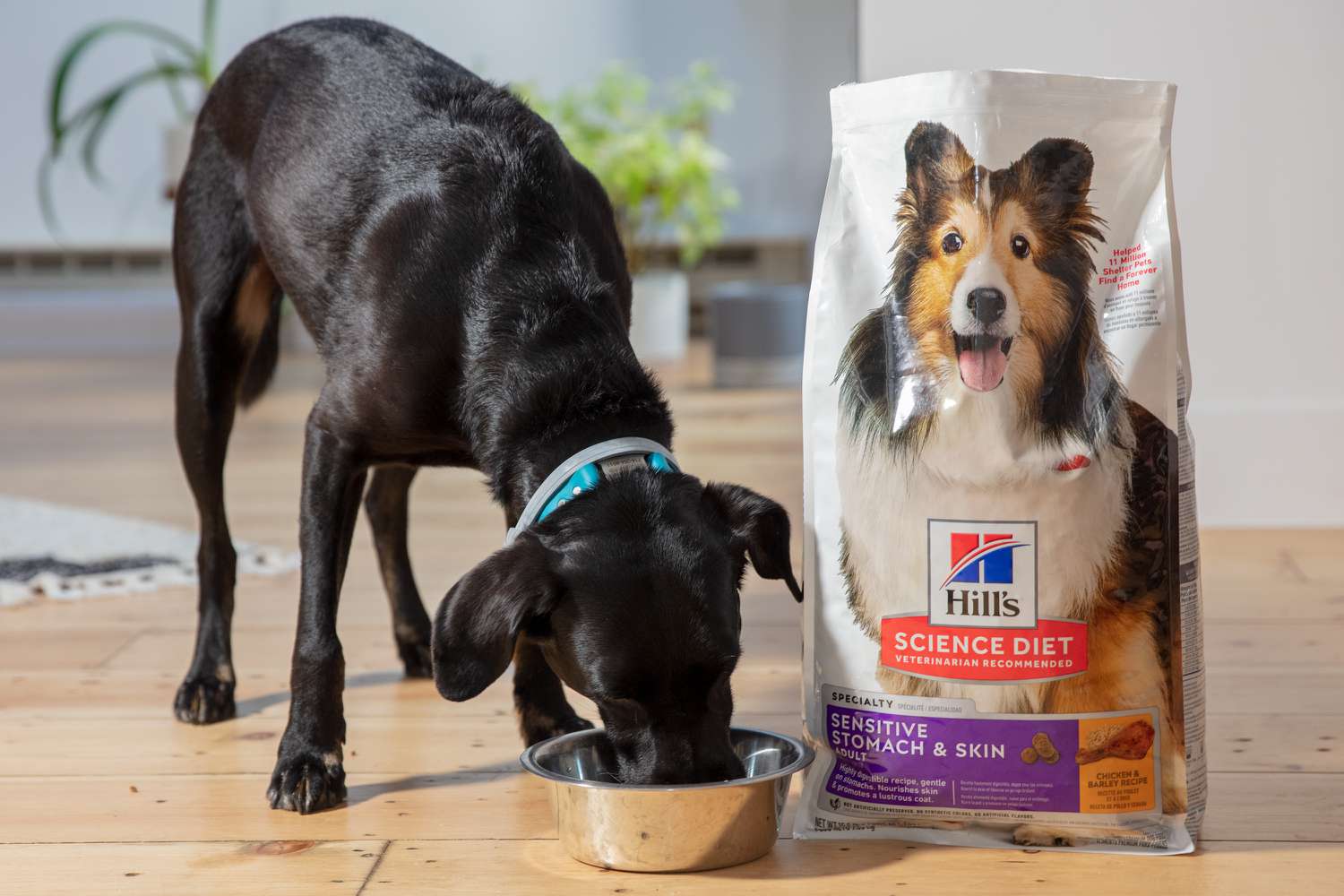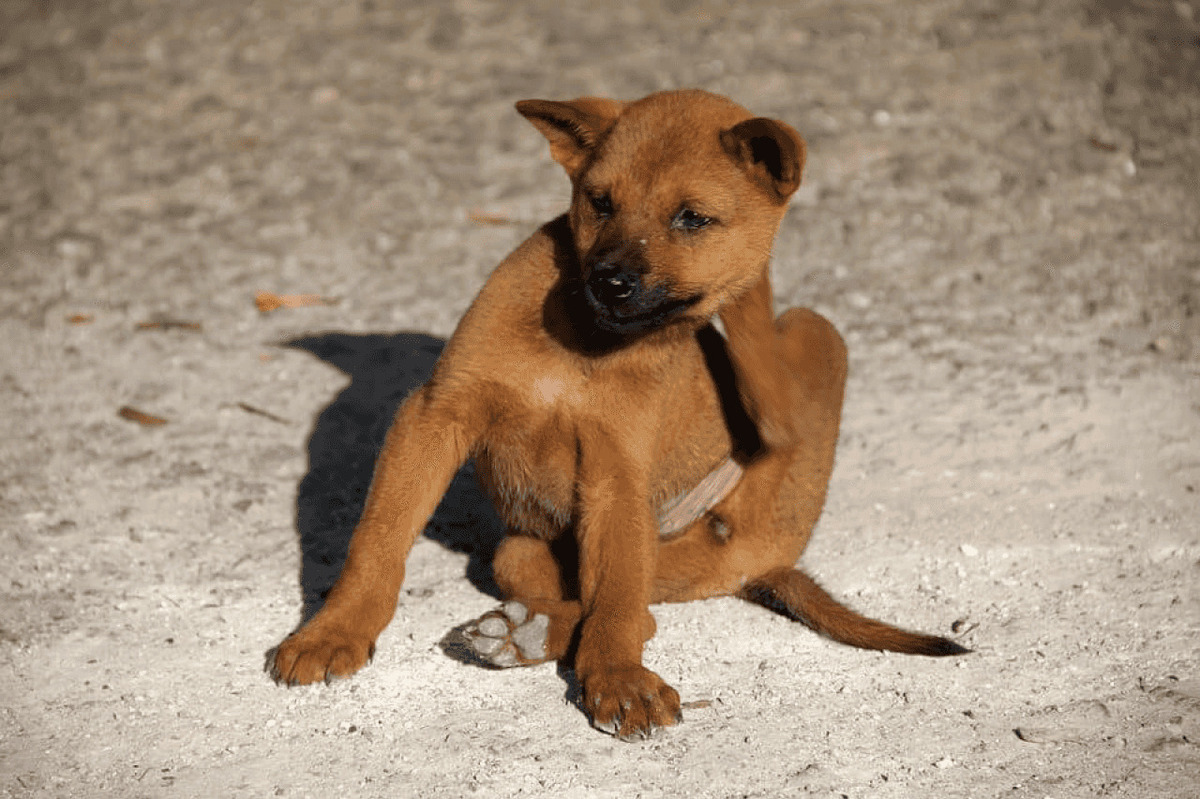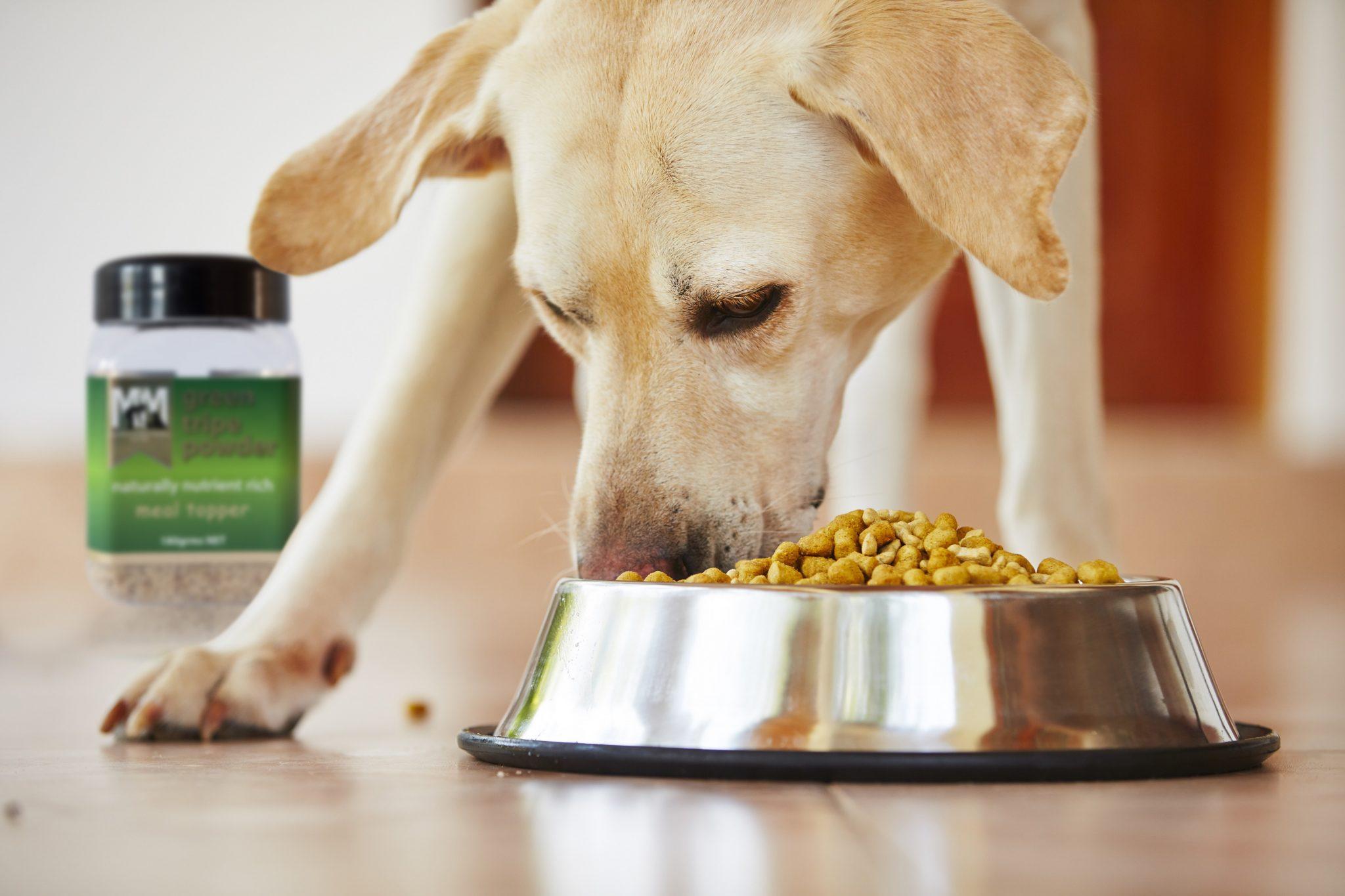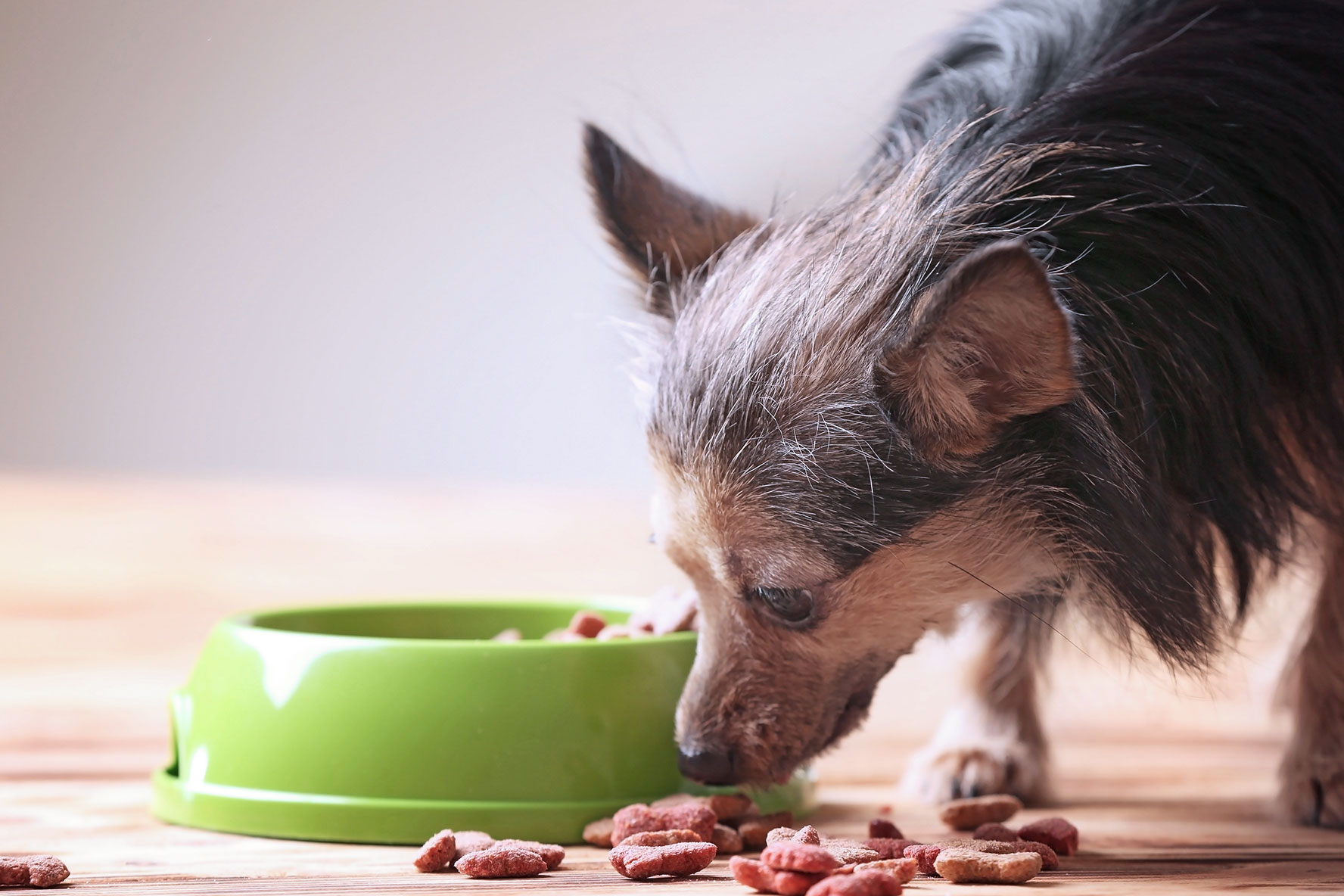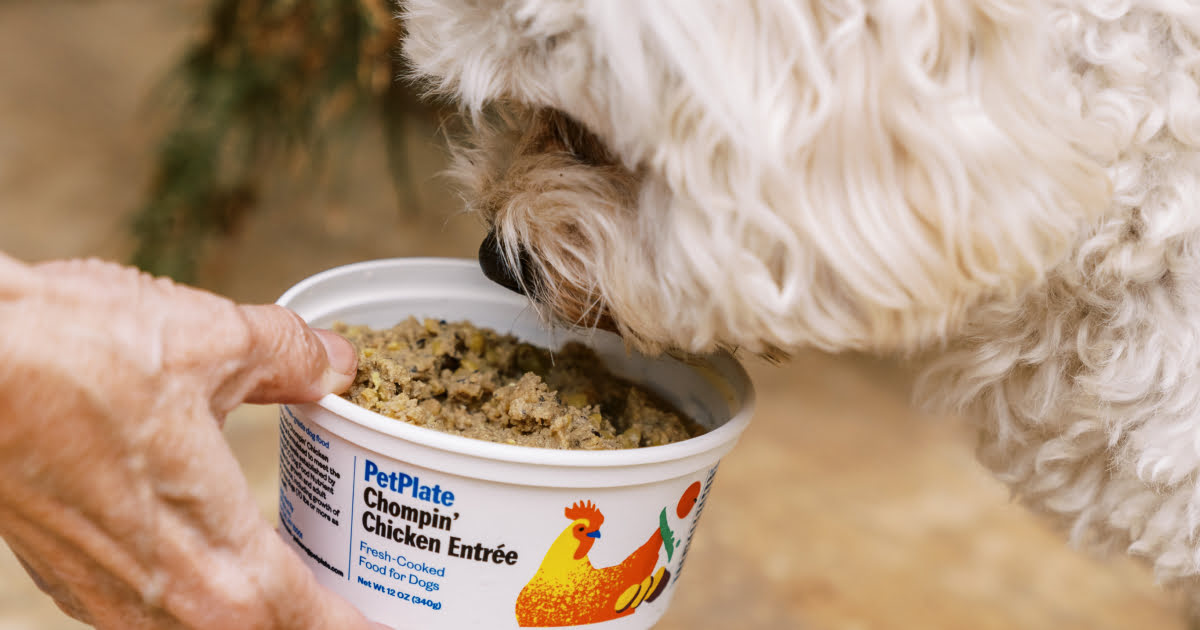Home>Health & Wellness>Common Health Issues>What Are Shih Tzus Allergic To In Dog Food


Common Health Issues
What Are Shih Tzus Allergic To In Dog Food
Published: January 25, 2024
Discover the common health issues of Shih Tzus and learn what they are allergic to in dog food. Find out how to keep your furry friend healthy and happy.
(Many of the links in this article redirect to a specific reviewed product. Your purchase of these products through affiliate links helps to generate commission for Pawsomeoldies.com, at no extra cost. Learn more)
Table of Contents
Common Allergens in Shih Tzus
Shih Tzus are delightful and affectionate companions, but like all dogs, they can be susceptible to various allergens that may cause discomfort and health issues. Identifying common allergens in Shih Tzus is crucial for maintaining their well-being and ensuring they lead a happy, healthy life.
1. Chicken
Chicken is a prevalent allergen for Shih Tzus. This protein source is commonly used in many dog food formulas, making it essential for pet owners to carefully scrutinize the ingredients in their furry friend's food. Allergic reactions to chicken can manifest as skin irritation, digestive problems, or ear infections.
2. Beef
Beef is another potential allergen for Shih Tzus. While beef is a popular ingredient in dog food, some Shih Tzus may develop sensitivities to it. Allergic reactions to beef can lead to symptoms such as itching, gastrointestinal issues, and ear infections.
3. Dairy Products
Dairy products, including milk and cheese, can trigger allergic reactions in Shih Tzus. Lactose intolerance is not uncommon in dogs, and it can cause digestive discomfort, diarrhea, and other gastrointestinal problems. Pet owners should be mindful of the dairy content in their dog's food and treats.
4. Grains
Certain grains, such as wheat, corn, and soy, are known allergens for some Shih Tzus. Grain allergies can manifest in various ways, including skin itching, digestive disturbances, and ear infections. Opting for grain-free or limited-ingredient dog food may be beneficial for Shih Tzus with grain sensitivities.
5. Artificial Additives
Artificial additives, including preservatives, colorings, and flavorings, can also trigger allergic reactions in Shih Tzus. These additives are commonly found in commercial dog food and treats. Allergic symptoms may include skin issues, digestive upset, and overall discomfort.
Understanding the common allergens in Shih Tzus is the first step toward proactive allergen management. By being aware of these potential triggers, pet owners can make informed decisions when selecting dog food and treats, thereby promoting their Shih Tzus' overall health and well-being.
Understanding Food Allergies in Shih Tzus
Food allergies in Shih Tzus, like in humans, occur when the immune system mistakenly identifies certain food ingredients as harmful invaders, triggering a defensive response. These allergic reactions can manifest in various ways, affecting the skin, digestive system, and overall well-being of the dog. It's important for pet owners to recognize the signs of food allergies in Shih Tzus and understand the underlying causes.
When a Shih Tzu ingests a food allergen, the immune system may produce antibodies to fight off the perceived threat. This immune response can lead to the release of histamines and other chemicals, resulting in allergic symptoms. Common signs of food allergies in Shih Tzus include itching, redness, and inflammation of the skin, often accompanied by excessive scratching, licking, or chewing. Additionally, digestive issues such as vomiting, diarrhea, and flatulence may indicate a food allergy. Ear infections, hair loss, and chronic ear inflammation can also be linked to food allergies in Shih Tzus.
Understanding the specific food allergens that affect Shih Tzus is essential for effective management. While certain ingredients, such as chicken, beef, dairy products, grains, and artificial additives, are known to trigger allergic reactions in Shih Tzus, each dog may have individual sensitivities. Therefore, identifying the specific allergens affecting an individual Shih Tzu may require a systematic process of elimination and observation.
It's important to differentiate between food allergies and food intolerances in Shih Tzus. Food allergies involve the immune system's response to specific food proteins, while food intolerances typically result from digestive issues, such as the inability to properly digest certain ingredients. Distinguishing between the two can aid in accurate diagnosis and appropriate management of the condition.
In some cases, Shih Tzus may develop food allergies over time, even if they have previously tolerated certain ingredients. This emphasizes the dynamic nature of food allergies and the need for ongoing vigilance in monitoring a dog's dietary reactions. Additionally, genetic predispositions and environmental factors may contribute to the development of food allergies in Shih Tzus, highlighting the complex nature of this health issue.
By comprehending the intricacies of food allergies in Shih Tzus, pet owners can take proactive measures to minimize their furry companions' exposure to potential allergens, thereby promoting their overall health and well-being. Identifying and addressing food allergies in Shih Tzus is a vital aspect of responsible pet care, ensuring that these beloved companions can lead happy, comfortable lives free from the discomfort of allergic reactions.
Identifying Allergens in Dog Food
Identifying allergens in dog food is a crucial aspect of managing food allergies in Shih Tzus. Given the potential for various ingredients to trigger allergic reactions in these beloved companions, pet owners must be diligent in scrutinizing the contents of their furry friend's food. Understanding how to identify allergens in dog food can empower pet owners to make informed decisions and safeguard their Shih Tzus' well-being.
Reading Ingredient Labels
One of the primary methods for identifying allergens in dog food is carefully reading and understanding ingredient labels. Manufacturers are required to list all ingredients used in their products, enabling pet owners to assess the presence of potential allergens. By familiarizing themselves with common allergens such as chicken, beef, dairy products, grains, and artificial additives, pet owners can effectively evaluate the suitability of a particular dog food for their Shih Tzus.
Read more: What Is Allergic Bronchitis In Dogs
Elimination Diets
In cases where a Shih Tzu exhibits symptoms of food allergies, implementing an elimination diet can aid in identifying specific allergens. This process involves eliminating potential allergens from the dog's diet and gradually reintroducing them while monitoring for allergic reactions. By systematically identifying and eliminating specific ingredients, pet owners can pinpoint the allergens triggering adverse reactions in their Shih Tzus.
Consultation with Veterinarians
Seeking guidance from veterinarians can be invaluable in identifying allergens in dog food. Veterinarians possess the expertise to conduct allergy testing and provide insights into the specific allergens affecting individual Shih Tzus. Additionally, they can offer tailored recommendations for hypoallergenic or limited-ingredient dog food that align with the dietary needs of Shih Tzus with food allergies.
Allergen Testing
In some instances, specialized allergen testing may be recommended to identify the specific triggers of allergic reactions in Shih Tzus. These tests can help pinpoint the precise allergens affecting a dog, enabling pet owners to make informed decisions regarding their dietary management. Allergen testing, when conducted under the guidance of veterinary professionals, can provide valuable insights into the unique sensitivities of individual Shih Tzus.
Observational Monitoring
Careful observation of a Shih Tzu's reactions to different food ingredients is essential in identifying allergens in dog food. By noting any adverse symptoms or changes in behavior following the consumption of specific foods, pet owners can gain valuable clues about potential allergens. This observational approach, combined with thorough record-keeping, can contribute to the accurate identification of allergens in a Shih Tzu's diet.
By employing these methods and remaining vigilant in assessing the contents of dog food, pet owners can effectively identify allergens and mitigate the risk of allergic reactions in their cherished Shih Tzus. This proactive approach to allergen identification is pivotal in promoting the health and comfort of these delightful companions, ensuring that they can thrive without the burden of food allergies.
Read more: What Dogs Are Allergic To Corn
Tips for Managing Food Allergies in Shih Tzus
Managing food allergies in Shih Tzus requires a proactive and attentive approach to their dietary needs. By implementing the following tips, pet owners can effectively navigate the challenges posed by food allergies and promote the well-being of their beloved companions.
-
Consultation with Veterinarians: Seeking professional guidance from veterinarians is paramount in managing food allergies in Shih Tzus. Veterinarians can conduct comprehensive assessments to identify specific allergens affecting individual dogs and offer tailored recommendations for hypoallergenic diets or limited-ingredient dog food. Their expertise and insights play a pivotal role in formulating effective management strategies.
-
Selective Ingredient Avoidance: Upon identifying the allergens triggering adverse reactions in Shih Tzus, pet owners should diligently avoid these ingredients in their dog's food and treats. This may involve opting for specialized dog food formulations that exclude the identified allergens, thereby minimizing the risk of allergic responses and promoting the dog's comfort.
-
Regular Monitoring and Observation: Consistent monitoring of a Shih Tzu's dietary reactions is essential for managing food allergies. By observing the dog's behavior, skin condition, and digestive patterns, pet owners can promptly detect any signs of allergic reactions and adjust the dog's diet accordingly. This vigilant approach enables proactive management of food allergies.
-
Introduction of Novel Protein Sources: Introducing novel protein sources that the Shih Tzu has not been previously exposed to can be beneficial in managing food allergies. Novel proteins, such as duck, venison, or salmon, may offer alternative sources of nutrition while minimizing the risk of triggering allergic responses. However, this should be done under the guidance of a veterinarian to ensure the dog's nutritional needs are met.
-
Consistent Compliance with Dietary Recommendations: Adhering to dietary recommendations provided by veterinarians or pet nutrition specialists is crucial for managing food allergies in Shih Tzus. This includes selecting appropriate dog food formulations, avoiding allergenic ingredients, and maintaining consistency in the dog's diet to minimize the likelihood of allergic reactions.
-
Patience and Persistence: Managing food allergies in Shih Tzus may require patience and persistence. Identifying and effectively managing allergens can be a gradual process, and pet owners should remain dedicated to the well-being of their furry companions. By persistently implementing management strategies and remaining attentive to the dog's dietary needs, pet owners can optimize the management of food allergies in Shih Tzus.
By integrating these tips into their approach to pet care, pet owners can navigate the complexities of food allergies in Shih Tzus with confidence and compassion, ensuring that their cherished companions can thrive in a supportive and allergen-conscious environment.
